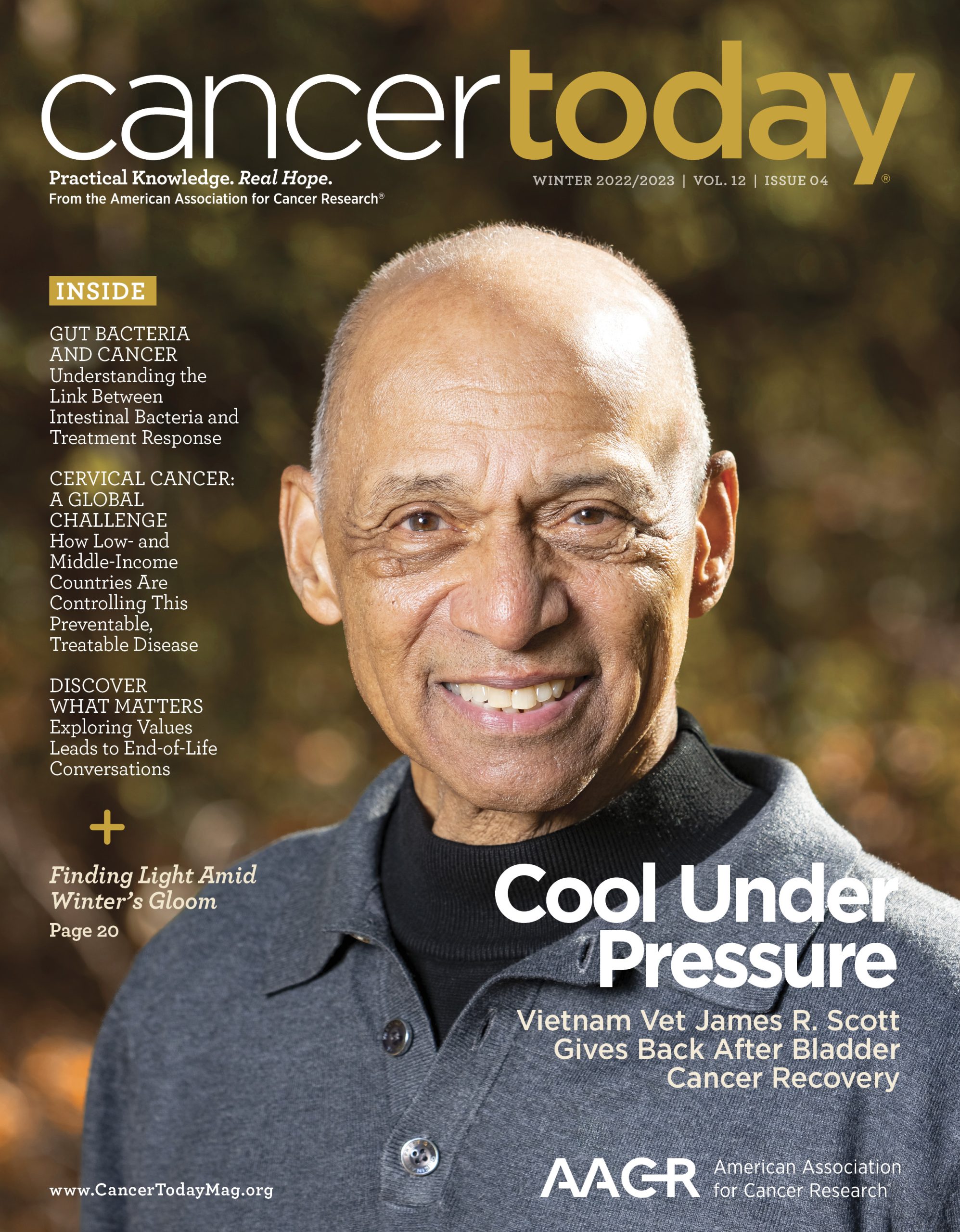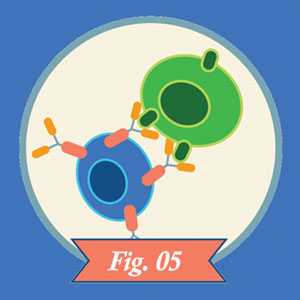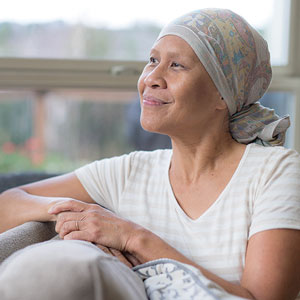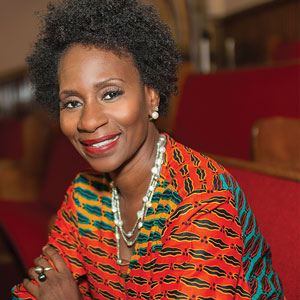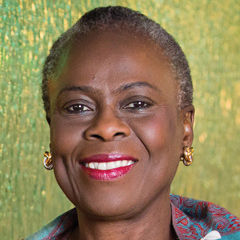-
Cancer Takes an Unequal Toll on Employment
In a study of women with breast cancer in North Carolina, those who lived in rural areas or were black were more likely than urban white women to report negative changes in their employment.
by Pamela Rafalow Grossman
-
November 22: The Week in Cancer News
Data from Northern Ireland suggest a fifth of cancer diagnoses are made in the emergency department, and a study investigates how the nervous system might be harnessed for cancer treatment.
by Bradley Jones
-
Treating Fear of Recurrence
Cognitive behavioral therapy may help cancer survivors cope with fear of recurrence, some studies say.
by Jon Kelvey
-
Misunderstandings About Cancer DNA Tests
Many cancer patients who received genomic testing of their cancers in a clinical trial did not fully understand the purpose of the testing.
by Emma Yasinski
-
First Ladies of Africa Issue Call to Address Cancer Crisis
A coalition of wives of African leaders, originally dedicated to addressing HIV/AIDS, is now also taking on the growing problem of cancer.
by Bradley D. Miller, PhD
-
Forward Look
A New Use for Patient DataGregory Daniel on real-world evidence for cancer drug approvals.
by Sue Rochman
-
Finding More Targets for CAR-T Cells
CAR-T cell therapy has successfully treated some patients with leukemia and lymphoma. Researchers are looking to expand the range of cancers that will respond to the therapy.
by Kendall K. Morgan
-
Forward Look
New Option for Treating Pain From Bone MetastasesStudy supports use of single-session, higher-dose radiation.
by Jane Langille
-
Our Own Words
People with cancer and their loved ones find ways for their voices to be heard without filters.
by Bradley Jones
-
Survivor Profile
A Sister’s CircleSchool counselor Diane Nathaniel creates communities for herself and those around her in Brooklyn and beyond. Her cancer diagnosis led her into patient advocacy.
by Marci A. Landsmann
Cancer Talk
An Evidence-Based Guide to Integrative Medicine
ASCO and the Society for Integrative Oncology issue recommendations for integrative medicine approaches that have been supported with research.
by Teresa Bergen
A Look at Disparities Across Cancer CareA new AACR report tracks progress in addressing cancer health disparities and identifies work that still needs to be done.
by Eric Fitzsimmons
Credit Agencies to Remove Some Medical Debt From ReportsChanges to what medical debt is included in credit reports could give patients more time to resolve outstanding bills.
by Karon Warren
The Mental Toll of a Cancer DiagnosisNew studies shine a light on the effects of a cancer diagnosis on mental health and suicide risk.
by Pamela Rafalow Grossman


